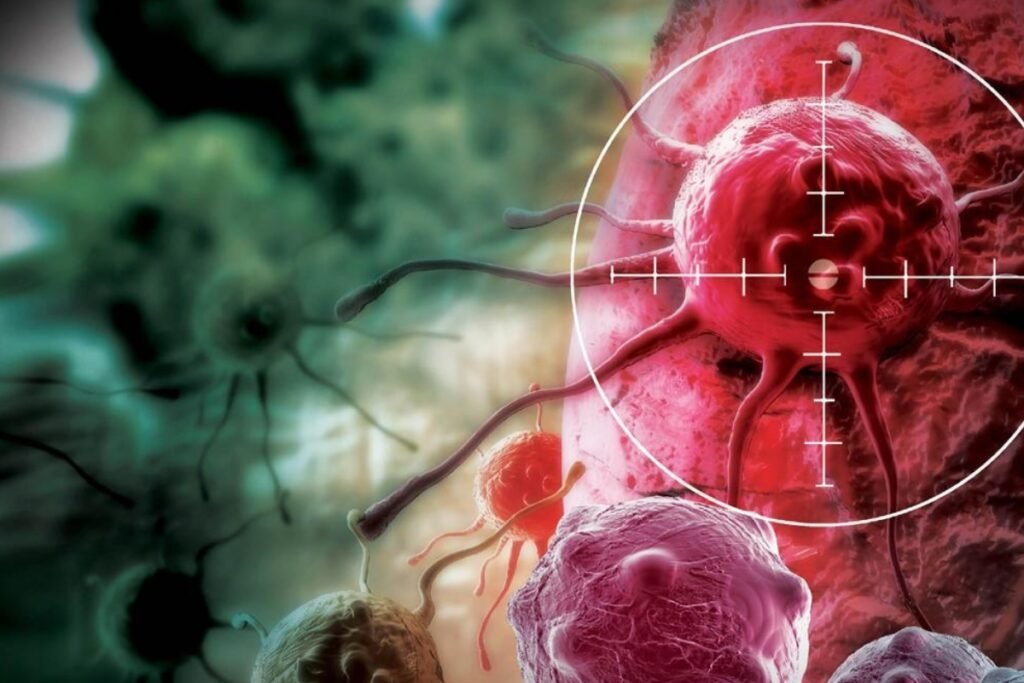ABSTRACT NUMBER – 2528
ELI-002 represents a new therapeutic vaccine called AMP that specifically targets KRAS-driven cancers. KRAS mutations are highly prevalent in various types of human cancers. ELI-002 is composed of modified mutant KRAS peptide antigens and ELI-004. This immune-stimulatory oligonucleotide adjuvant has also been modified using AMP technology.
The AMPLIFY-201 trial is underway at multiple prestigious cancer treatment institutions in the United States, including MD Anderson, Memorial Sloan Kettering, Sarah Cannon Research Institute, Washington University St. Louis, and Henry Ford Health System. After an initial dose escalation phase, Elicio Therapeutics expanded the eligibility criteria to evaluate the potential of ELI-002 as a treatment for different types of KRAS-mutated cancers. The design of the AMPLIFY-201 trial focuses on patients with minimal residual disease (MRD), a stage characterized by lower tumor burden and reduced immunosuppressive effects within the tumor.
At the 2023 American Society of Clinical Oncology (ASCO) Annual Meeting, data from the AMPLIFY-201 study were presented in a poster discussion session. This study, the first of its kind, aims to assess the safety, immunogenicity, and antitumor activity of adjuvant ELI-002 immunotherapy in patients with MRD following standard locoregional treatment. Specifically, the study enrolled adult patients with high-risk relapse who had KRAS G12D- or G12R-mutated pancreatic and colorectal cancer. The investigational ELI-002 2P treatment showed favorable safety and efficacy results in this patient population.
The AMPLIFY-201 trial did not observe dose-limiting toxicities, treatment-related serious adverse events (SAEs), or cytokine release syndrome. Additionally, there was no identified maximum tolerated dose. All adverse events reported were of Grade 1 or Grade 2, with the most common being fatigue (16%), headache (16%), and injection site reaction (12%).
In terms of tumor ctDNA/Serum tumor antigen response, ELI-002 2P monotherapy demonstrated significant pharmacologic activity in high-risk pancreatic and colorectal cancer patients, with a 77.3% reduction in biomarkers observed in 17 out of 22 patients and biomarker clearance in 31.8% (4 patients with pancreatic cancer and 3 with colorectal cancer).
The positive responses to ELI-002 2P treatment were observed in patients with G12D and G12R mutations. They were not limited to those with known Class I mKRAS-restricting HLAs, indicating the potential broad applicability of this treatment approach in patients with mKRAS-driven solid cancers.
Overall, 87% of patients generated expanded mKRAS-specific T-cell responses following immunization with ELI-002 2P, with all patients at the highest doses showing a response. The study also observed both CD4 and CD8 T-cell responses, with 50% of patients exhibiting a mixed CD4 and CD8 response.





























